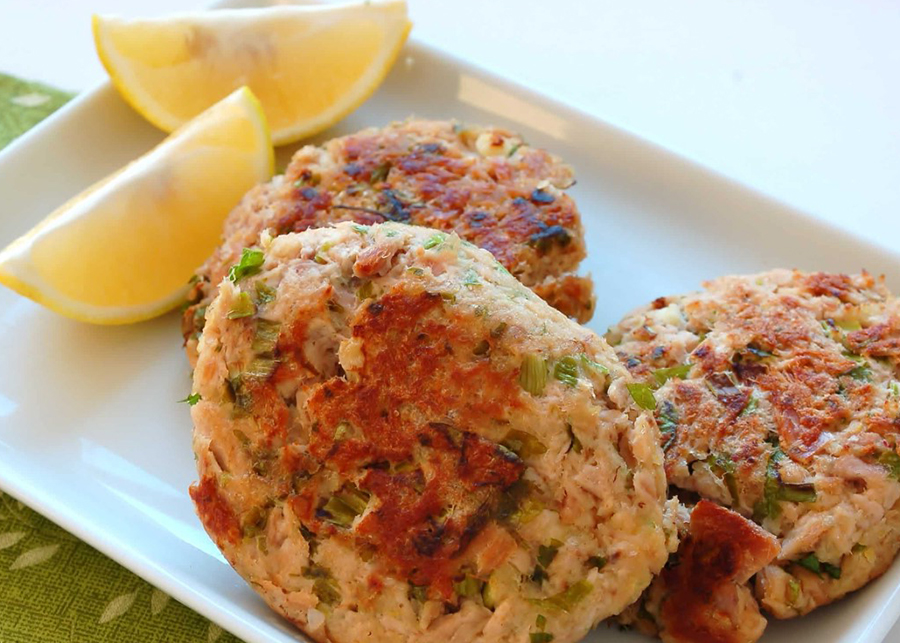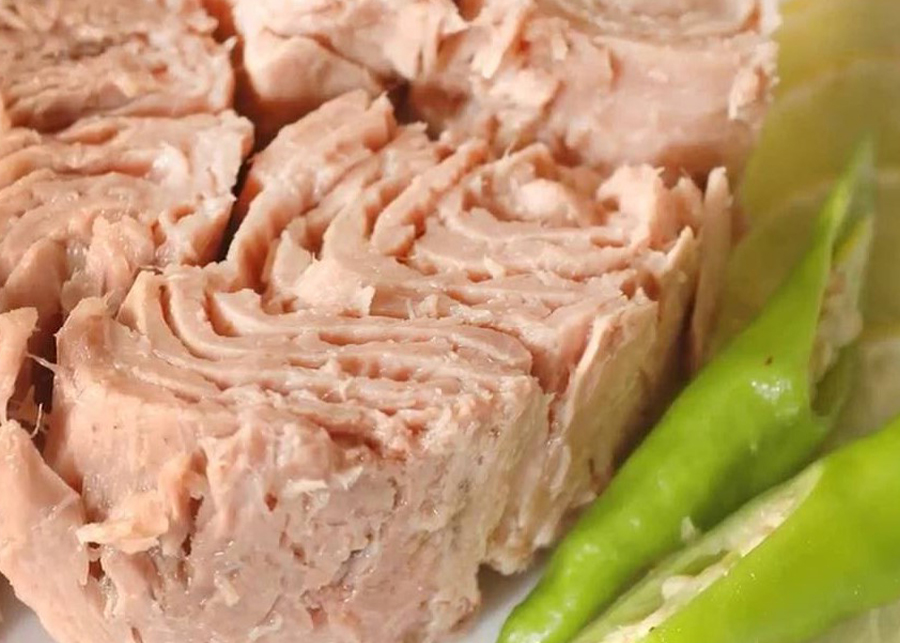Fresh tuna is low in mercury and high in protein, making it a good choice for pregnant women. Canned tuna, on the other hand, can be high in mercury and should be avoided if you are pregnant.
Tuna is an excellent source of omega -3 fatty acids. It is also low in mercury and is high in protein. However, you should be careful to choose a tuna that is fresh, not canned. The mercury content of individual tuna can vary greatly. It is best to avoid canned tuna if you are pregnant.

Fish is a good source of omega-3 fatty acids
Pregnant women can benefit from a diet rich in omega-3 fatty acids. It can help prevent preterm labor, decrease the risk of pre- eclampsia, and may even prevent postpartum depression. Fish is also a good source of protein and iron. However, a pregnant woman should be careful about the amount of fish she consumes.
Fish is a good source of omega-3 fats and is a great way to meet your omega-3 requirements. But it’s important to note that the NHS warns against taking fish liver supplements while pregnant, as cod liver oil contains high levels of vitamin A, which can cause harm to the unborn baby. Also, pregnant women should be very careful about the amount of EPA and DHA in the supplements they take. Ideally, pregnant women should consume 450mg of EPA and DHA daily, which is equivalent to two portions of oily fish a week.
It is high in omega-3 fatty acids
It is also a good source of protein, vitamins, and iron, all of which are vital for a healthy pregnancy. Eating tuna is a great way for a pregnant woman to get the iron she needs. This is important, because iron deficiency in pregnant women can increase the risk of miscarriage and fetal death. It can also cause preeclampsia and fainting.
Despite being an excellent source of omega -3 fatty acids, tuna should only be eaten in moderation during pregnancy. It contains high levels of mercury, which can affect the development of the baby’s nervous system and brain. However, pregnant women can still eat tuna, but it’s important to pay attention to the type of tuna in the tin. The type that is in brine is recommended because it contains fewer calories than the tuna in oil. Flavored cans are also okay to eat.
It is low in mercury
Pregnant women are advised to limit their fish intake during their first trimester. Most fish are safe for pregnant women to consume, but some can have high levels of mercury. In addition, eating too much mercury can harm the unborn baby’s nervous system and brain development. This is why it is important to eat a varied diet during pregnancy and limit your consumption of fatty fish.
Although pregnant women should avoid all types of tuna, light tuna is considered low in mercury and can be consumed in moderation. The safe amount to eat depends on the weight of the individual. A typical can of tuna contains about 5 ounces, so it is recommended that pregnant women consume only a limited amount of it each week.

It is high in protein
Tuna is a high-protein food that’s ideal for pregnant women. It contains the essential nutrients your baby needs to grow, including iron, which helps to develop the baby’s nervous system. It’s also high in vitamin D, which helps with bone health. And it contains vitamin B12, which can help protect against miscarriage. Also, tuna is rich in omega-3 fatty acids, which can help to boost your baby’s nervous system.
Pregnant women should avoid canned tuna, but tuna prepared from scratch is safe for them. Some varieties are flavored with lemon or cracked pepper. You can also opt for raw tuna dishes such as poke, tuna tataki, and sashimi. Just remember to follow the portion sizes that are recommended for each type of dish.
It is high in fat
You might be wondering if it is okay for pregnant women to eat tuna. The answer is yes, but you should limit your tuna intake. Tuna is high in mercury, which can affect your developing baby’s nervous system. It also contains other pollutants, such as dioxins and polychlorinated biphenyls. These pollutants build up in your body and interfere with the development of your baby.
As a result, you should limit your tuna intake to 12 ounces per week. However, canned light tuna contains the lowest mercury content and is safe to eat during pregnancy.
Can Pregnant Women Eat Tuna? Result
Tuna is definitely among the best types of fish you can eat while pregnant. The nutritional benefits are simply great (especially if it is fresh, and not canned tuna), and it’s also low in mercury, an important quality when selecting a fish. All in all, this fish is a great additive to any diet, but care should be taken to avoid canned tuna.

